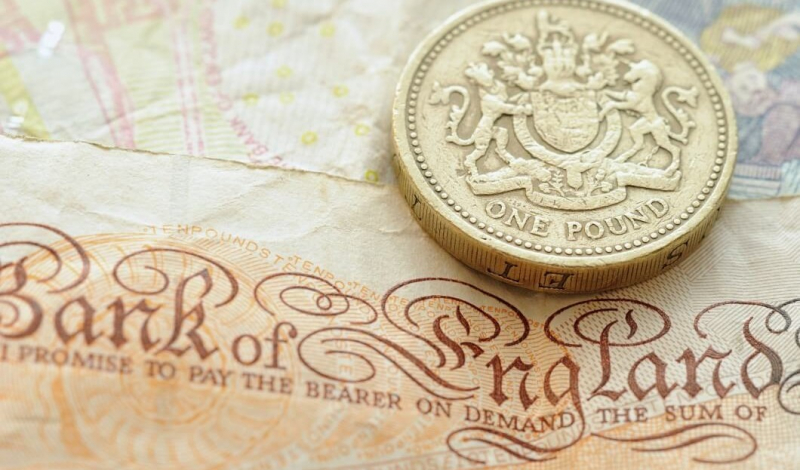As the UK anticipates Chancellor Rachel Reeves’ Autumn Budget on November 26, 2025, latest buzz from Westminster suggests potential financial pinches. To bridge a reported £20 billion fiscal gap without raising headline income tax, Reeves is considering a “nightly tourism tax” on accommodations and extending the sugar tax to include milkshakes and lattes – a “milkshake tax,” if you will. This from a government promising to ease the cost of living is, unsurprisingly, attracting criticism from industry leaders and the opposition.
The Tourism Tax: A ‘Hidden VAT Hike’ for Staycations?
The contentious core idea involves empowering English mayors to implement a “nightly charge on hotels, B&Bs, and rentals like Airbnb”. Similar to systems in Scotland and Wales, the tax revenue would supposedly fund local public transport, infrastructure, and services stressed by high tourism.
Supporters argue the UK lags behind other developed nations without such a tax, planning to integrate it via the Levelling Up and Regeneration Act. London Mayor Sadiq Khan and Greater Manchester’s Andy Burnham, among others, have strongly advocated for it. These mayors collectively wrote to Reeves and the Culture Secretary last summer, calling it a potentially “critical tool” for local investment. Just in Manchester, a modest £1-£5 charge could generate an estimated £8-£40 million annually, depending on the precise rate set.
However, the hospitality sector expresses serious concern. UKHospitality, representing pubs, restaurants, and hotels, warns that a mere 5% levy – akin to Edinburgh’s planned rate from July 2026 – could raise the effective tax on stays to around 27% when factoring in the standard 20% VAT, plus VAT charged on the tax itself. This could position the UK among Europe’s more expensive tourist destinations, potentially adding £518 million per year to the cost for British holidaymakers who account for over 255 million overnight stays in England annually.
UKHospitality’s chair, Kate Nicholls, stated that although “the government says it’s concerned about the cost of living,” a holiday tax is a “hidden VAT increase.” She sees it as pushing up prices and fueling inflation. She called it a “shocking U-turn,” noting prior assurances that no such tax was planned. As the sector deals with recent National Insurance hikes and minimum wage increases, some fear business closures, potentially driving Brits to cheaper destinations like Mallorca, already seeing increased demand.
Lessons from North of the Border
Scotland and Wales are already moving forward with similar taxes. Edinburgh’s 5% visitor levy starts next summer, while Welsh councils can charge up to £1.30 per person per night beginning in April 2027. Supporters highlight these as possible successes, providing funds while focusing on “real economic impact,” perhaps as Madrid’s mayor José Luis Martínez-Almeida might say. UKHospitality, though, argues these haven’t solved overtourism and could hurt domestic tourism competitiveness.
Click here to preview your posts with PRO themes ››

The ‘Milkshake Tax’: Sweet Treats Turn Sour
Adding to potential financial strain, Reeves reportedly plans to strengthen the Soft Drinks Industry Levy (SDIL), the 2018 “sugar tax.” The expansion – considered in an April 2025 Treasury consultation – would remove exemptions for milkshakes and flavored lattes, as well as alternatives based on plant milks. Also, it lowers the sugar threshold from 5g to 4g per 100ml, potentially taxing some “203 pre-packed milk drinks”, which account for 93% of category sales, unless manufacturers reformulate. The government anticipates this move could generate “an additional £50-£100 million annually”, capitalizing on the SDIL’s past success in encouraging businesses to reduce sugar content (the Treasury points out that young individuals derive only 3.5% of their calcium intake from such beverages). A proposed “lactose allowance” would exempt naturally occurring milk sugars, focusing solely on added sweeteners. Nevertheless, industry representatives, including Shadow Chancellor Mel Stride, have criticized it as a “sucker punch” impacting households already struggling with escalating expenses. Stride stated that Labour’s proposed tourism tax unfairly penalizes an industry that has already shown commitment to sugar reduction.
Fiscal Discipline or Voter Backlash?
Such proposals are part of a larger £7.5 billion tax revenue strategy, encompassing frozen income tax thresholds that may push a significant number of individuals into higher tax brackets. Reeves, having abandoned more ambitious income tax increases following bond market volatility, maintains that her core objectives are “reducing the cost of living, debt reduction, and bolstering the economy.” The Treasury has declined to comment on specifics, stating that they do not speculate on forthcoming budget measures.
However, amidst reduced productivity projections and global challenges such as tariffs and inflationary pressures, Reeves navigates a delicate situation. The Institute for Government anticipates a possible £10 billion revenue deficit should economic growth falter. For those in the tourism and hospitality sectors, the equation is clear: increased domestic prices could lead to reduced spending at home, and more abroad.
As the Budget approaches, one point is evident—the Chancellor’s pursuit of fiscal stability carries the risk of exacerbating the very inflationary pressures she seeks to control. British holidaymakers anticipating a summer vacation or an after-dinner milkshake may soon find themselves drawn to more affordable destinations overseas.


